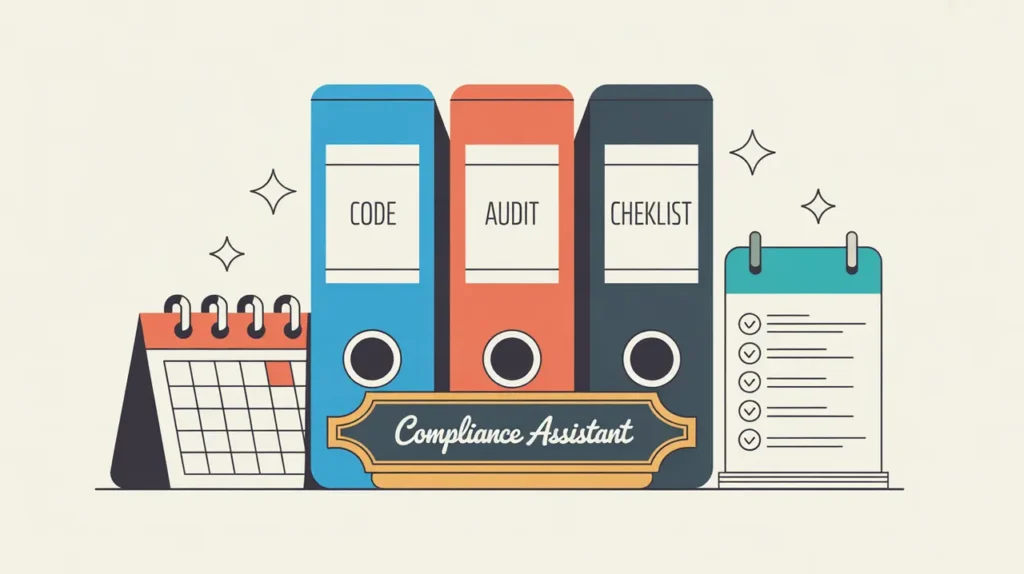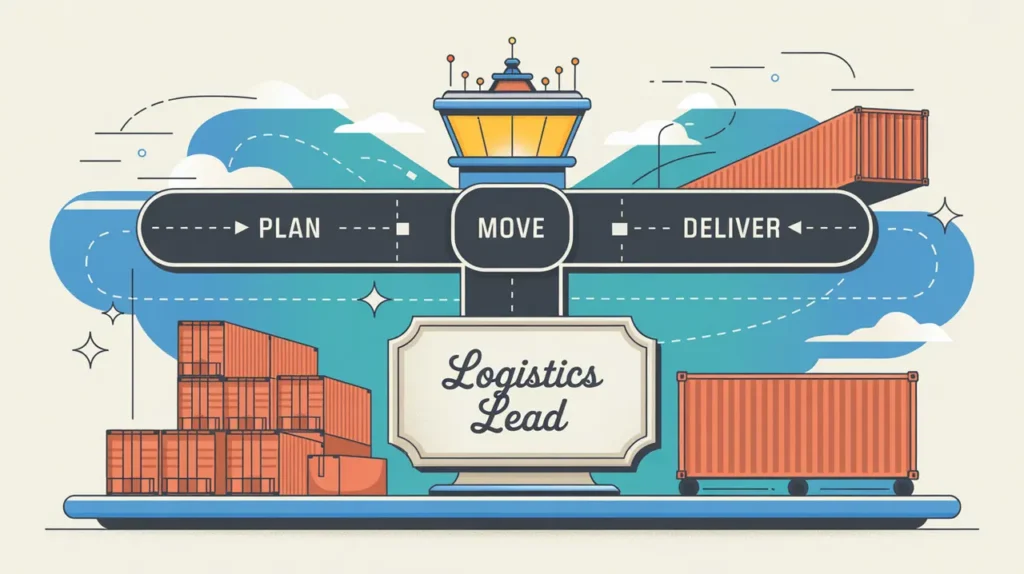What Does the Audit Associate Role Involve?
An audit associate is responsible for supporting internal and external audit processes to ensure the accuracy, transparency, and compliance of an organization’s financial records and systems. This involves preparing audit documentation, conducting testing of transactions and controls, analyzing financial data, and assisting in identifying risks or irregularities. Audit associates work closely with finance, accounting, and compliance teams to ensure that audits are completed efficiently and in alignment with regulatory requirements and organizational policies. The role typically sits within finance, accounting, or risk functions. In both nonprofits and social enterprises, audit associates play a critical role in maintaining financial integrity and strengthening stakeholder trust.
At What Level does this Role Operate?
Entry Level: This role operates within finance or audit teams, often under the supervision of audit leads, finance managers, or compliance officers. Audit associates support audit planning and execution, perform analytical and testing procedures, and help document findings. They may work with external auditors during annual audits or support internal audit activities throughout the year.
Relative Employability: Entry-level audit roles are in consistent demand across nonprofits, social enterprises, corporate entities, and public sector institutions due to the ongoing need for accountability and compliance. Individuals with strong attention to detail and foundational accounting or audit knowledge are well positioned in this field.
Relative Pay Scale: Within nonprofits and social enterprises, audit associate roles typically sit in the mid pay bands for entry-level finance staff. Compensation is generally higher than administrative or assistant positions because of the specialized nature of audit work.
What are the Key Responsibilities and Activities?
- Support the planning and execution of internal and external audits
- Prepare audit schedules, working papers, and supporting documentation
- Perform transaction testing and assess internal controls for effectiveness
- Analyze financial data to identify discrepancies, risks, or areas for improvement
- Assist in drafting audit findings and recommendations
- Collaborate with finance and compliance teams to address audit queries and support remediation efforts
- Maintain organized records and ensure confidentiality of sensitive financial information
What Core Competencies and Qualifications are Needed?
Required Qualifications and Experience
The following reflect common qualifications and experience expected for this role, while recognizing that pathways may vary by context, organization, and region.
- Relevant academic background in accounting, finance, or a related field, or equivalent professional experience
- Appropriate years of relevant experience for an entry-level role, which may include internships, accounting support roles, or prior exposure to audit processes
- Familiarity with accounting standards, internal controls, and auditing procedures is advantageous
- Strong numerical, analytical, and organizational skills
Key Competencies
- Understanding of audit principles and financial reporting standards
- Attention to detail and accuracy in documentation
- Analytical thinking and ability to identify irregularities
- Capacity to work collaboratively with finance and audit teams
- Discretion and professionalism in handling confidential information
- Strong time management and organizational abilities
How are AI and Automation Shaping this Role?
An AI-native audit associate will look to AI and automation to streamline testing procedures, improve anomaly detection, and strengthen audit evidence. They can use AI tools to analyze large transaction datasets quickly, flag unusual patterns, and identify compliance risks that might be overlooked through manual review. Automation can help generate standardized audit working papers, track remediation actions, and support continuous monitoring systems. By leveraging AI, audit associates can focus more on interpreting findings and supporting effective risk mitigation strategies.
What Career Pathways and Transferable Skills are Associated with this Role?
Audit associate roles provide a solid foundation for advancement into audit lead, finance manager, or compliance officer positions. The technical skills and analytical rigor developed in this role are transferable to broader financial management, risk analysis, and assurance roles across nonprofits, social enterprises, corporate entities, and the public sector.







